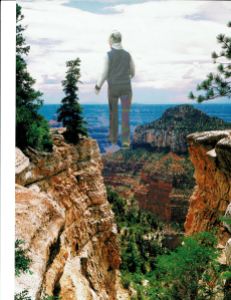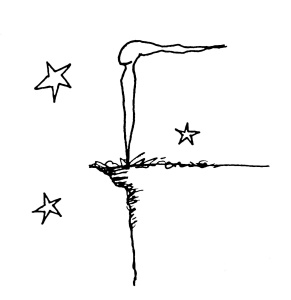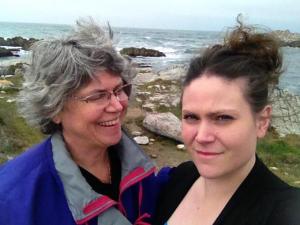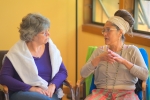I have been stumped about how to write what I want to say. As soon as I complete one paragraph, I know that the opposite has to be addressed. Therefore, I am writing “in conversation” across my paradoxes.
I am a better partner in diverse collaborative ventures when I know for myself if I am acting in integrity or if I am caught in racism.
Who but me can know what is at work within my words or behavior?
To even suggest that I have to take responsibility for myself and personally know what is true about my racism feels risky. Like many other white skinned people, it took a long time for me to notice the profound bias towards whiteness in my nation and, thus, in myself. How will I know that I am not just blind to my racism?
I have a responsibility to know for myself. When I am buffeted around with every accusation and assumption, abdicating my responsibility to know what is true about my actions, I have nothing on which to build a partnership.
But what if I am unaware that my action is a result of donning my white-colored glasses and my words or actions are actually racist and out of alignment with my values?
I am responsible for seeking out a broader picture of history, one that includes the silenced voices. I am responsible for knowing myself, outside of the distress of oppression. And for holding what I believe is true about me lightly, with openness to the possibility that I might be wrong.
It is true that white people for centuries have been oblivious to their racism. Why should my self-knowing hold any weight against such an overwhelming history?
When accusations come that something I said or did is racist, completely in line with the behavior of generations of other white folks like me, who am I to disagree? Maybe something is still lurking in the shadows, and the accusation just might be true.
I am not just one of a group of folks acting just like so many have acted before. I am a unique individual, in a world of unique individuals. It is disrespectful to lump everyone into a group, wiping out an individual’s unique humanity.
I’ve walked it both ways. In a nine-year cross race and class collaborative process, I have spent far too much time reacting to and wobbling whenever something I said or did was assumed by someone to be racist (or classist). I’ve reacted. I’ve become afraid and stepped back. I’ve looked at all of the reasons the accusation was or wasn’t true. In the midst of that swirl, I’ve stepped out of partnership with the collective and slowed down our process.
Slowly, ever so slowly, I learned to listen, really listen, to the assumptions about my actions. I’ve honestly asked myself what was true about me and what wasn’t. Sometimes it was an opportunity for self-correction. Sometimes, however, it was a time to claim what was true about me.
Always open for new revelations, when I stand clear in what was true about me I participate in relationships in a way that allows me to stay fully engaged in the process, bringing my own thinking and intuition to the conversation as one part of the whole.
Waking up and stepping outside of my personal and the cultural distress of oppression isn’t easy, but it isn’t impossible either. It does require me to take a huge amount of personal responsibility. I will stumble from time to time. But walking this paradox keeps my feet on the path of truth.






 er how often I try to turn away from working the money, my commitment to waking up to the big topics and experimenting with keeping my values in line with behavior keeps bringing me back to the money. And fundraising.
er how often I try to turn away from working the money, my commitment to waking up to the big topics and experimenting with keeping my values in line with behavior keeps bringing me back to the money. And fundraising.